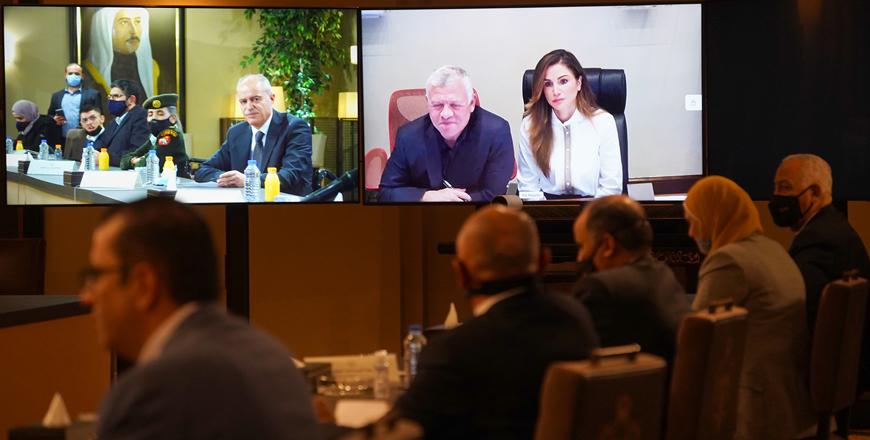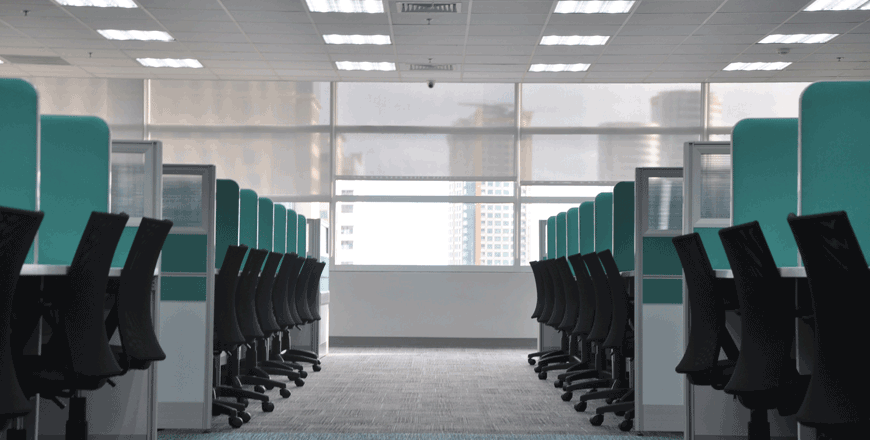You are here
Disability-rights activist calls for replacing victimisation with culture of work
By Maram Kayed - Dec 09,2020 - Last updated at Dec 09,2020
AMMAN — Hadeel Abu Soufah, a consultant and trainer on disability inclusion, said that persons with disabilities in Jordan should be “empowered, not treated as victims”.
Abu Soufah was among a group of people with disabilities who recently participated in a videoconference with Their Majesties King Abdullah and Queen Rania.
In the meeting, King Abdullah told the group that they “exemplify Jordanian perseverance” and that each one of them is “a success story”.
His Majesty urged them to share their experiences with the community to inspire Jordanians with their positivity, noting that institutions must work more with people with disabilities.
On that note, Abu Soufah said that the “lack of a clear system that allocates consistent funds to disability inclusion is the Kingdom’s biggest problem”.
“Both governmental and civil society organisations launch projects based on the funds they receive from donors. For example, if they receive a fund for women empowerment, they will solely work on that, without allocating a certain amount for women with disabilities unless the donor tells them to,” she told The Jordan Times in a phone interview.
Soufah, a person with a physical disability, said that there should be a “coherent, stable system” that funds people with disabilities’ empowerment projects instead of relying on “scattered funds”.
“Moreover, the funds allocated for people with disabilities are usually for charity purposes, not for human rights or empowerment projects that would transfer the person with a disability from being seen as a victim to an empowered individual,” she added.
As the Royal meeting discussed how the group of persons with disabilities devised ways to overcome their disability, challenging the stereotype that “disabilities prevent achievement”, Soufah said that “although it is important to provide those in need with wheelchairs and other equipment that help them live with their disability, it is also important to go beyond that”.
Soufah noted that replacing victimisation with a culture of work and giving means that providing persons with disabilities with a wheelchair without training them on how to use it “is no longer effective when working on disability inclusion”.
Soufah, who has been an activist and advocate for people with disabilities for eight years, said that she struggles to be seen as more than a volunteer in Jordan.
“Although I sometimes volunteer to do projects or help people with disabilities, working as a disability inclusion consultant is a job that is taken seriously abroad, which is why I have shifted my work into the international sphere,” she added.
However, despite the challenges, Soufah has worked and is still working on making a number of sectors more accessible to people with disabilities, including education, tourism and politics.
Drawing on her difficult educational journey, Soufah worked with the University of Jordan as well as a number of schools to make the educational experience better for people with disabilities.
“I would need five young men to carry me in my wheelchair because there were no special elevators, sidewalks or ramps,” said Soufah, who has since then launched several initiatives for people with disabilities in educational entities.
In the tourism sector, Soufah worked on several initiatives as well, among which was the “Affordable Tourism” initiative that works on rehabilitating 10 tourist areas in various regions of the Kingdom so that people with disabilities can visit them with ease.
More recently, Soufah trained people with disabilities on becoming involved and active in the recent parliamentary elections, paving the way for more political inclusion.
Related Articles
AMMAN — His Majesty King Abdullah on Monday commended the determination of people with disabilities, reaffirming his pride in their initiati
AMMAN — With less than 10 per cent of wheelchair users in Jordan “actually” using their chairs to move around, rehabilitation professionals
AMMAN — People with disabilities say the provision of an unbiased and inclusive hiring process coupled with apt accommodations are critical













